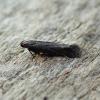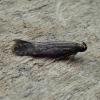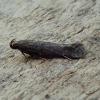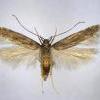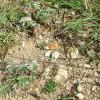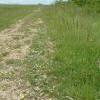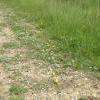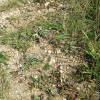35.069 Monochroa elongella (Heinemann, 1870)
Status and Distribution
Rare, found in several widely scattered locaties in Wales and south of a line from the Severn to the Wash in England. Predominantly associated with coastal sand dunes but has also been found well inland on sparsely vegetated chalk grassland.
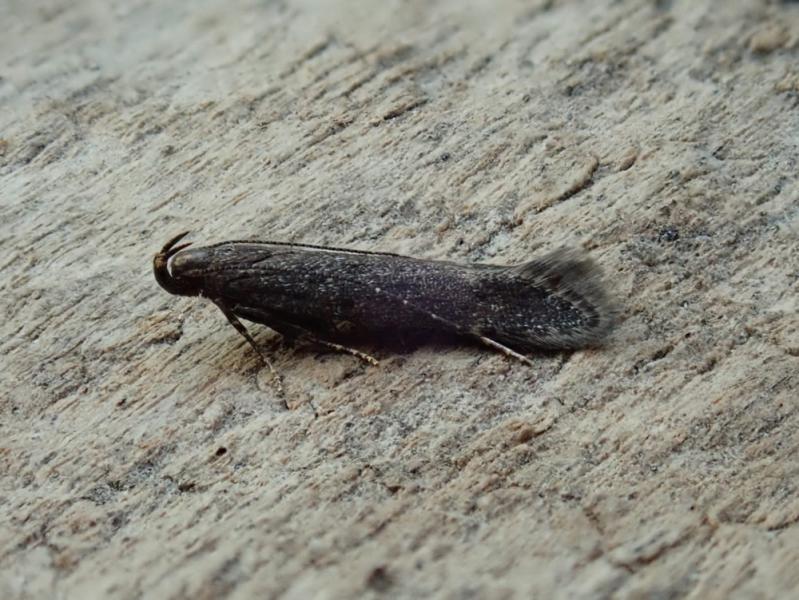
Provisional map
Habitat
Finding the Moth
Larva: feeds in the roostock and has been found as a pupa in the stems presumably feeding from late August through to May. Tenanted plants at a chalk downland site have been located in areas where the soil is quite bare and adjacent to vehicle tracks with little other plant competition. When a larva is present the plant looks rather sickly, drooping slightly.
Adult: can be disturbed during the day, flies at night and comes to light.
Similar Species
A generally dark greyish brown moth with darker streaking sometimes discernable in the centre of the forewing. The final quarter of the forewing is generally darker scaled and paler tornal and costal patches are possible to see in some specimens. The apical cilia has areas of thin blackish scales giving a smudged-like effect due to the paler fringes between them. The critical feature of three pale rings on the apical third of the antenna (which is white at the tip) can be difficult to see in all but bred specimens but the ochreous-yellow scales on the upperside of the abdomen on segment two and three are obvious.
Single brooded from mid-June to late August.
Earliest: 16th June 2004 (VC8)
Latest: 3rd September 2002 (VC8)

